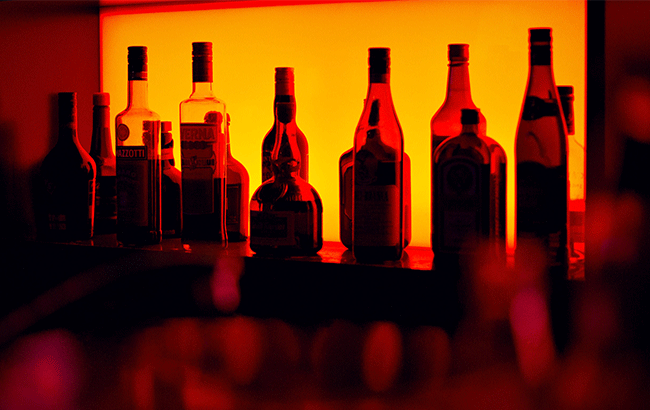EU loses €3 billion annually to fake alcohol
Fake wine, beer and spirits cost the European Union (EU) €3 billion (US$3.2bn) in lost sales every year, according to a new report.

The lost sales contribute to €1.2bn in lost government revenue, according to the What’s your poison: the true cost of fake alcohol and how to catch the culprits report.
In addition to this, the report estimates fraudulent alcohol is responsible for 23,400 lost jobs in the EU.
The report stems from an expert discussion held by the Fraud Advisory Panel in October 2022. Contributors included: Maureen Downey, founder of Chai Consulting and Winefraud.com; Isabel Graham-Yool, auction and private client director at Whisky.Auction; Kerri McGuigan, associate in the business crime team at Peters & Peters; and David Richardson, regulatory and commercial affairs director of the Wine & Spirit Trade Association (WSTA).
Alan Bryce, interim head of the Fraud Advisory Panel, said: “Alcohol plays a big part in our cultural, economic and social life, but with a vast and complex market, it’s very easy for criminals to feed fakes into the legitimate supply chain.
“Not only do losses from alcohol fraud affect business and lose governments money from taxation, but they can also cause a real risk to consumers, as some counterfeit spirits are laced with dangerous chemicals and drinking them can be fatal.”
In the UK, the report said fraudulent wine, beer and spirits costs businesses more than £200 million (US$242m) in lost sales every year, and results in almost 3,000 lost jobs.
The report estimates the UK alcohol tax gap from 2020-2021, combining VAT and excise duty, was £1.2bn (US$1.5bn).
Graham-Yool offered a number of suggestions to help people spot fake whisky, including analysing the bottle’s fill level to determine if it looks ‘suspiciously’ high or low. Other things to look out for, Graham-Yool recommends, are whether the cap or cover has been tampered with, and spelling mistakes on the bottle.
She added: “Most whisky counterfeits do contain whisky but not of the quality, age or provenance that the bottle, label and cap promise.
“Pyramid-style investment frauds are also a problem – fuelled by online chatter and hype. Ordinary casks, of little or no investment value, are being traded at highly inflated prices.”
In November 2021, Joseph Cimino, the founder of 6 Degree Tequila, pleaded guilty to security and wire fraud.
Related news
Beefeater 0.0 makes play for UK
